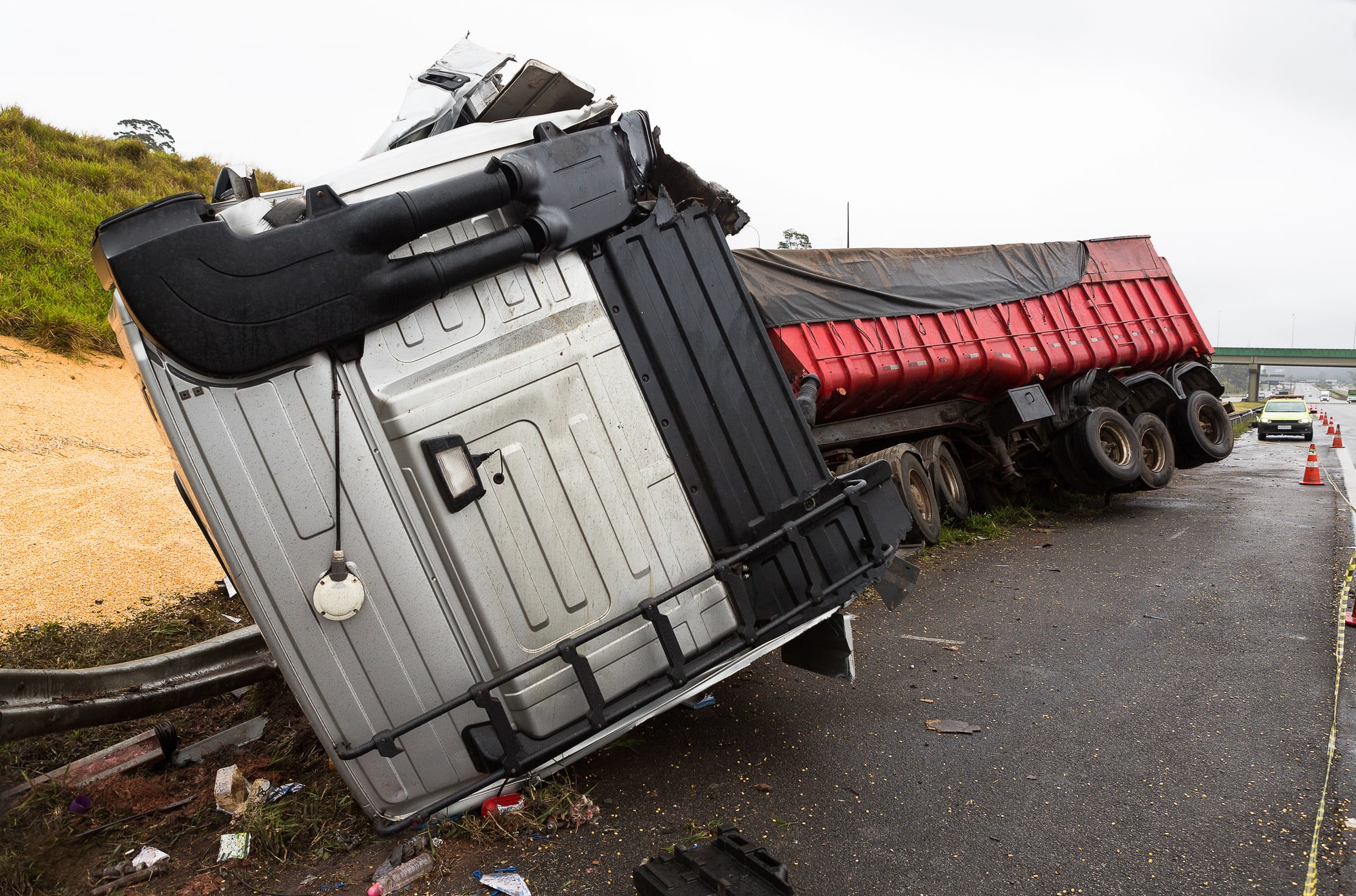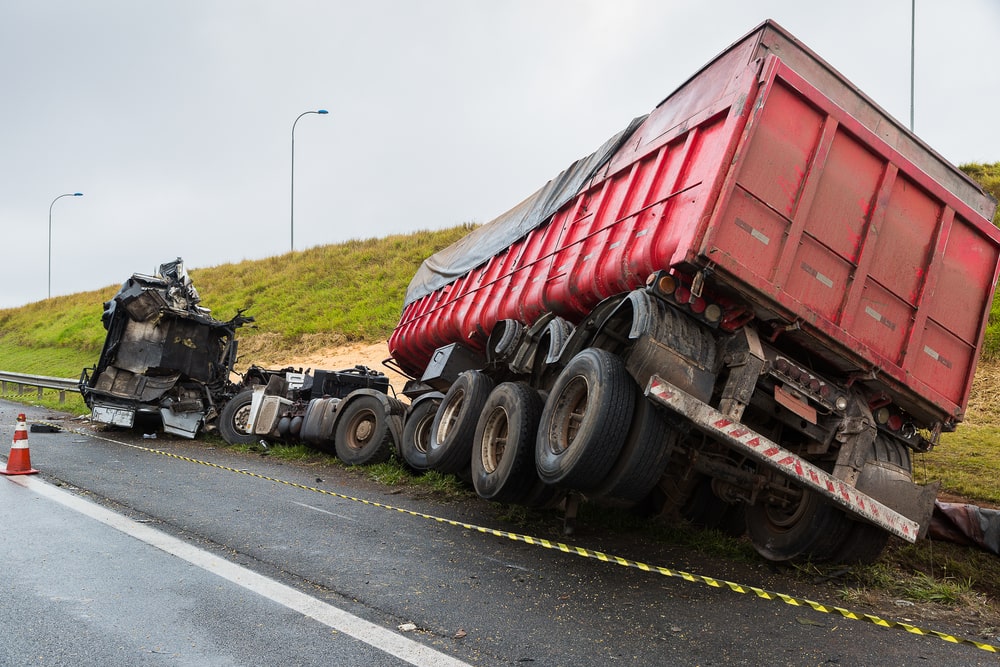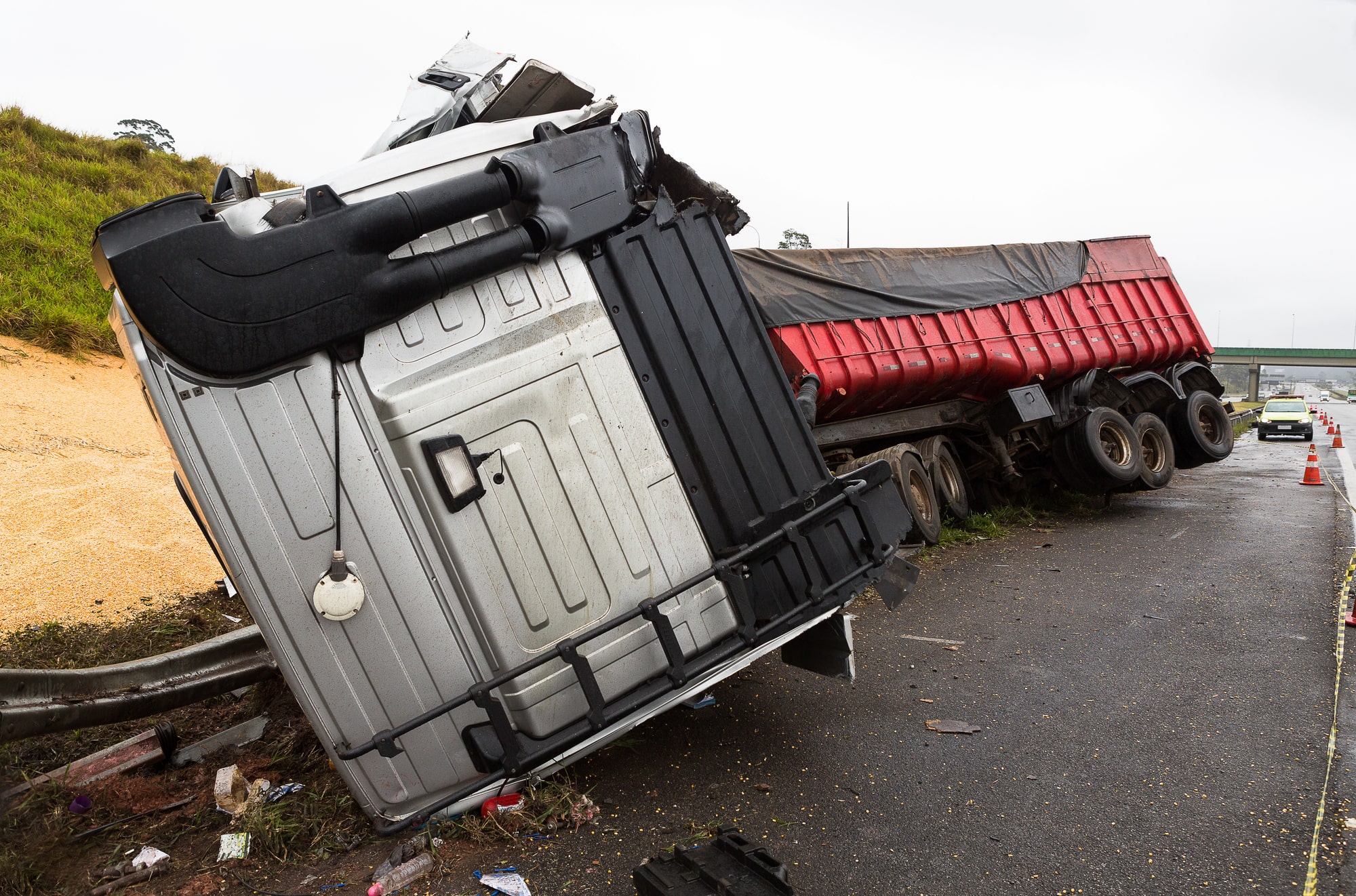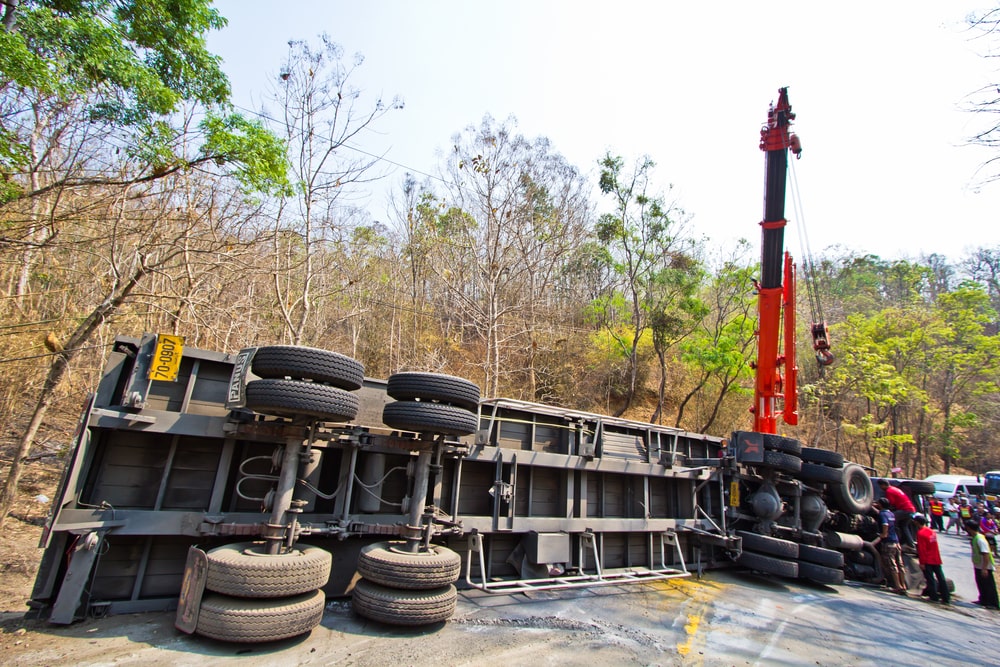Living in Minnesota, you know that agriculture plays a big role in the state’s economy and daily life. With so many farms spread across rural areas, large agricultural trucks are a common sight on back roads and highways alike. Our Minnesota tractor trailer accident lawyer knows that while these vehicles are essential for transporting crops, livestock, and equipment, they can also create serious safety challenges for other drivers. If you spend time on rural roads, it’s important to understand how agricultural trucking can impact road safety and what it means for you. Our firm has previous insurance industry experience, so we know what it will take to help you.
Why Agricultural Trucks Pose Risks
Agricultural trucks are often larger and heavier than most vehicles on the road. Many of them carry loads that are tall, wide, or unevenly distributed, which makes them harder to handle. These factors increase the risk of accidents, especially on narrow rural roads that aren’t built for heavy traffic. You may find yourself approaching a slow-moving grain truck or meeting a large livestock hauler on a two-lane road, and those situations can be stressful and dangerous.
Common Challenges On Rural Roads
One major challenge is speed. Agricultural trucks frequently travel slower than other vehicles, especially when carrying heavy loads. This can lead to frustration and risky passing attempts. Visibility is also a problem. Large trucks often block your view of the road ahead, making it difficult to see oncoming traffic or obstacles.
Road design plays a role, too. Many rural roads in Minnesota are narrower and lack wide shoulders, leaving little room for error if a truck crosses the center line or if you need to pull over. When poor weather conditions are added to the mix—such as icy roads in winter or muddy shoulders in spring—the danger grows even more.
The Role Of Driver Fatigue And Long Hours
Farm operations often require long hours, especially during planting and harvest seasons. Drivers of agricultural trucks may spend long stretches on the road, sometimes while tired or under pressure to meet deadlines. Fatigue can lead to slower reaction times and mistakes behind the wheel, raising the risk of accidents that affect everyone on the road.
What This Means For Other Drivers
If you’re sharing the road with agricultural trucks, you may face situations that call for extra caution. Passing a slow-moving truck requires patience, and you’ll want to wait for a safe, clear stretch of road before attempting it. It’s also important to give these vehicles plenty of space, since their size and weight mean they need more time and distance to stop.
In the event of an accident with an agricultural truck, determining who is responsible can be more complicated than with a typical car accident. Liability may involve the truck driver, the farm operation, or even third parties responsible for loading the truck. That’s why cases like these often require close attention to the details of how the accident occurred.
Protecting Yourself After An Accident
If you’ve been injured in a crash involving an agricultural truck in rural Minnesota, you don’t have to face the aftermath alone. These cases can involve multiple parties and larger insurance companies, making the process more difficult than you might expect.
At Johnston | Martineau PLLP, we’re here to help you take the right steps after an agricultural trucking accident. Contact us today for a free consultation so we can discuss your situation and work toward getting you the compensation you need to move forward.





